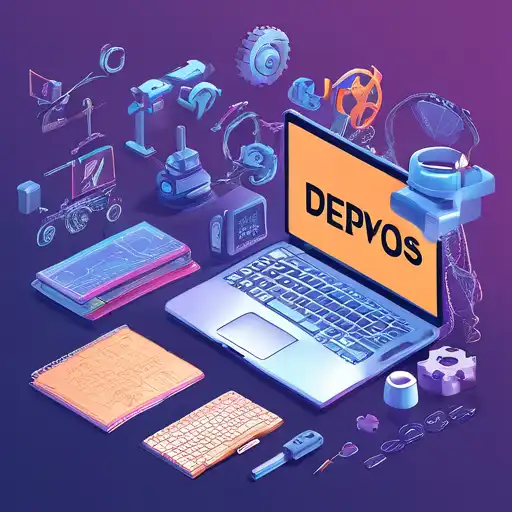Introduction to DevOps in 2023
As we step into 2023, the DevOps landscape continues to evolve, bringing forward tools that promise to streamline development and operations processes more efficiently than ever. This article delves into the must-know DevOps tools this year, offering insights into how they can enhance your workflow, improve collaboration, and accelerate deployment cycles.
1. Continuous Integration and Continuous Deployment (CI/CD) Tools
CI/CD pipelines are the backbone of DevOps practices, enabling teams to automate the testing and deployment of applications. Jenkins remains a popular open-source option, but newer tools like GitHub Actions and GitLab CI/CD are gaining traction for their seamless integration with code repositories.
2. Infrastructure as Code (IaC) Tools
IaC tools allow you to manage and provision infrastructure through code, significantly reducing manual errors. Terraform by HashiCorp is a leader in this space, supporting multiple cloud providers. Ansible is another powerful tool for automation, configuration management, and application deployment.
3. Containerization and Orchestration Tools
Containers have revolutionized how applications are developed, shipped, and run. Docker continues to dominate the containerization space, while Kubernetes is the go-to for orchestrating containerized applications at scale.
4. Monitoring and Logging Tools
Effective monitoring and logging are crucial for maintaining the health of applications and infrastructure. Prometheus offers powerful metrics and alerting, while ELK Stack (Elasticsearch, Logstash, Kibana) is widely used for searching, analyzing, and visualizing log data in real-time.
5. Version Control Systems
Version control is essential for tracking changes and collaborating on code. Git is the most widely used system, with platforms like GitHub, GitLab, and Bitbucket providing hosting services that integrate with other DevOps tools.
6. Cloud Platforms
Cloud platforms are integral to DevOps, offering scalable resources for building, testing, and deploying applications. AWS, Azure, and Google Cloud lead the market, each providing a suite of tools tailored for DevOps practices.
Conclusion
The DevOps tools landscape in 2023 is rich and varied, offering solutions for every stage of the development lifecycle. By leveraging these tools, teams can achieve greater efficiency, reliability, and speed in delivering software products. Whether you're a seasoned DevOps professional or just starting out, mastering these tools will be key to staying ahead in the fast-paced world of software development.
